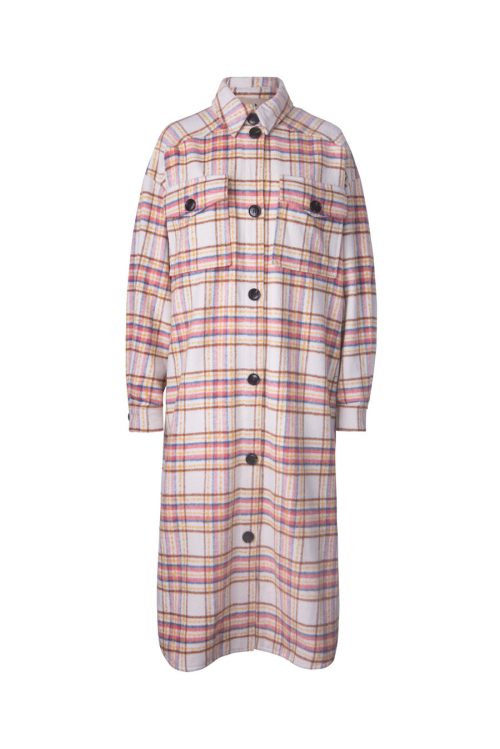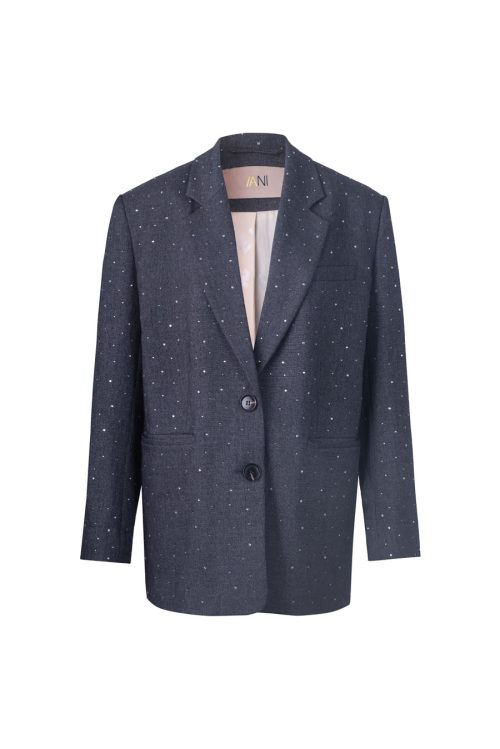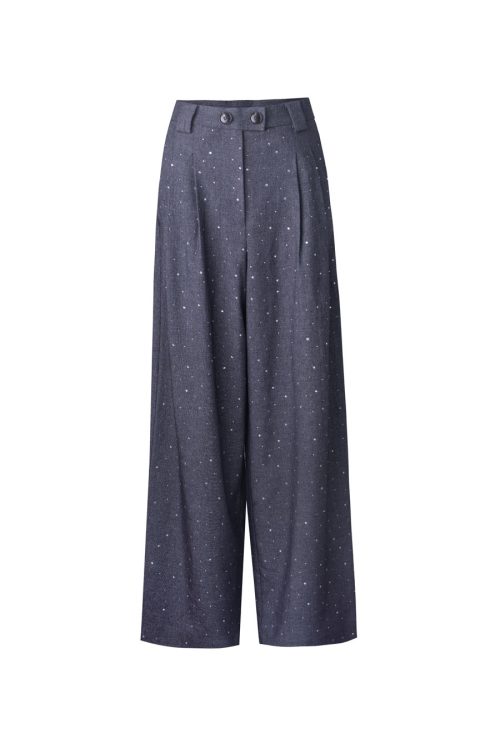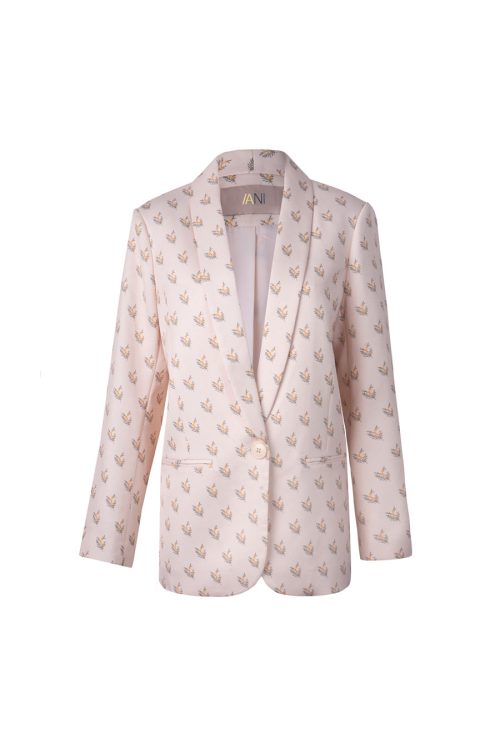
Introduction to Organic Clothing
The fashion industry is undergoing a remarkable transformation, with an increasing number of brands and consumers pivoting towards sustainability and eco-friendliness. Organic clothing, made from materials grown without the use of harmful pesticides and chemicals, offers a plethora of benefits, not only for the environment but for consumer health as well. This article delves into the realm of private label organic clothing manufacturers, highlighting the significance of choosing organic, the process of finding the right manufacturing partner, and the advantages of collaborating with Chinese factories known for their supply chain efficiency, cost-effectiveness, and quality production.
Why Choose Organic for Your Brand?
Organic clothing is not just a trend; it’s a commitment to ethical practices and environmental stewardship. The environmental impact of organic farming, including reduced water usage and pollution, makes it a compelling choice for brands aiming to reduce their carbon footprint. Furthermore, organic fabrics offer health benefits by being free from allergens and toxic residues, aligning with consumer preferences for products that promote well-being. The market demand for organic clothing is on the rise, driven by a growing awareness of sustainability and ethical consumption.
Finding the Right Manufacturer
Selecting the right manufacturing partner is crucial for the success of your organic clothing line. The criteria for selection should include not only cost and efficiency but also a commitment to quality and sustainability. Certifications such as GOTS (Global Organic Textile Standard) serve as a testament to a manufacturer’s dedication to organic practices. While global manufacturers offer vast resources and scalability, local manufacturers might provide more personalized services and easier communication.
Private Label Organic Clothing Process
The process of creating a private label organic clothing line encompasses several key steps, from the initial design and development phase to material sourcing and production. Quality control is paramount to ensure that the final products meet the high standards expected of organic clothing. This section will guide aspiring fashion entrepreneurs through each stage, offering insights into creating a successful organic clothing line.
Sustainability and Ethical Considerations
Sustainability and ethics are at the heart of the organic clothing movement. Eco-friendly practices, such as using renewable energy in production and minimizing waste, are essential for reducing the environmental impact of clothing manufacturing. Social responsibility, including fair labor practices and equitable working conditions, is equally important. Transparency in the supply chain helps build trust with consumers who are increasingly demanding accountability from brands.
Scaling Your Organic Clothing Line
For brands looking to expand their organic clothing line, understanding market trends and consumer behavior is key. Effective branding and marketing strategies can help differentiate your products in a competitive marketplace. Engaging with customers through social media, storytelling, and community-building initiatives can foster loyalty and support sustainable growth.
Private Label Organic Clothing Manufacturers
Chinese factories offer significant advantages for private label organic clothing brands, from cost-effectiveness to supply chain efficiency. This section will explore how partnering with manufacturers in China can benefit your brand, featuring case studies of successful collaborations and practical advice for initiating a partnership.
Conclusion and Next Steps
The shift towards organic clothing represents a positive step for the fashion industry, offering benefits for the planet, producers, and consumers alike. By choosing the right manufacturing partner and committing to sustainable practices, brands can make a meaningful impact. This article serves as a comprehensive guide for those ready to embark on the journey of creating a private label organic clothing line, encouraging action towards a more sustainable future.




